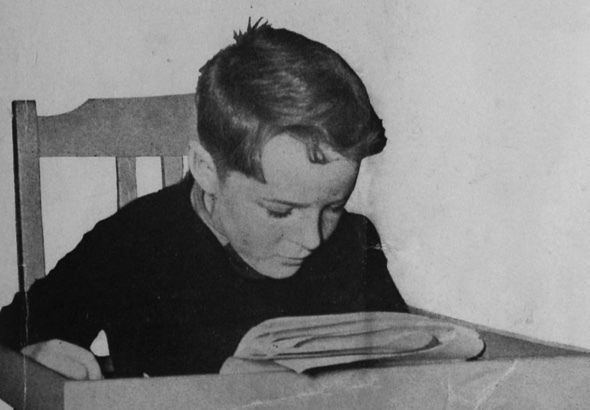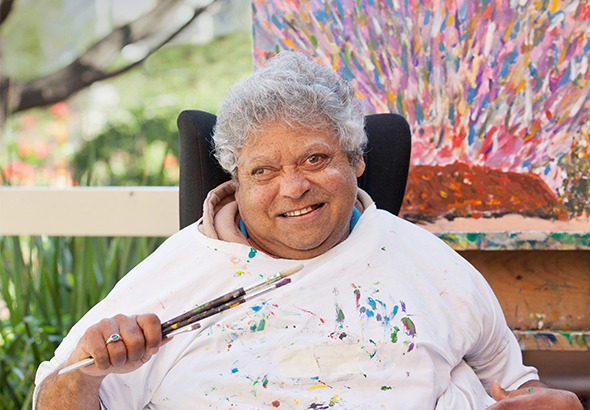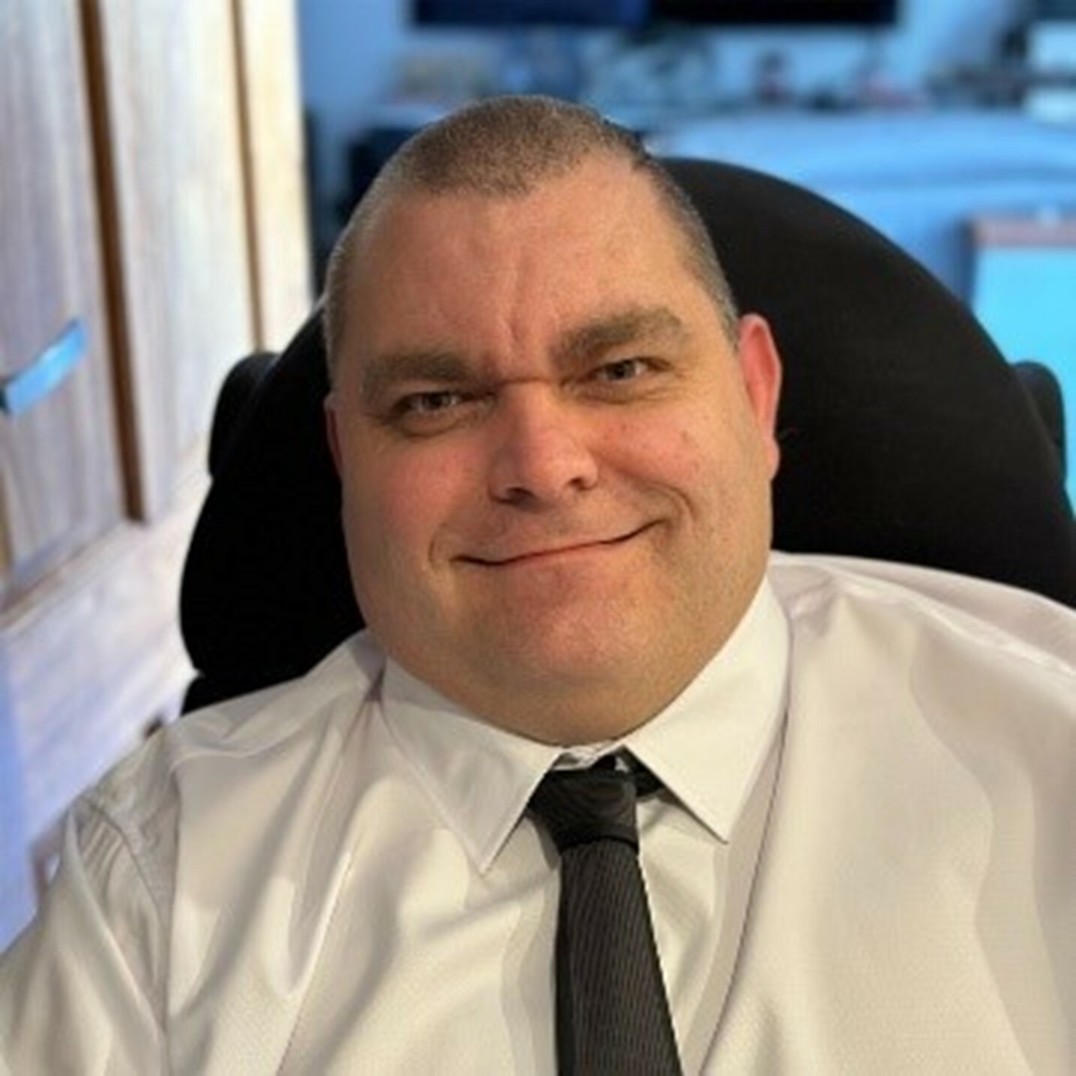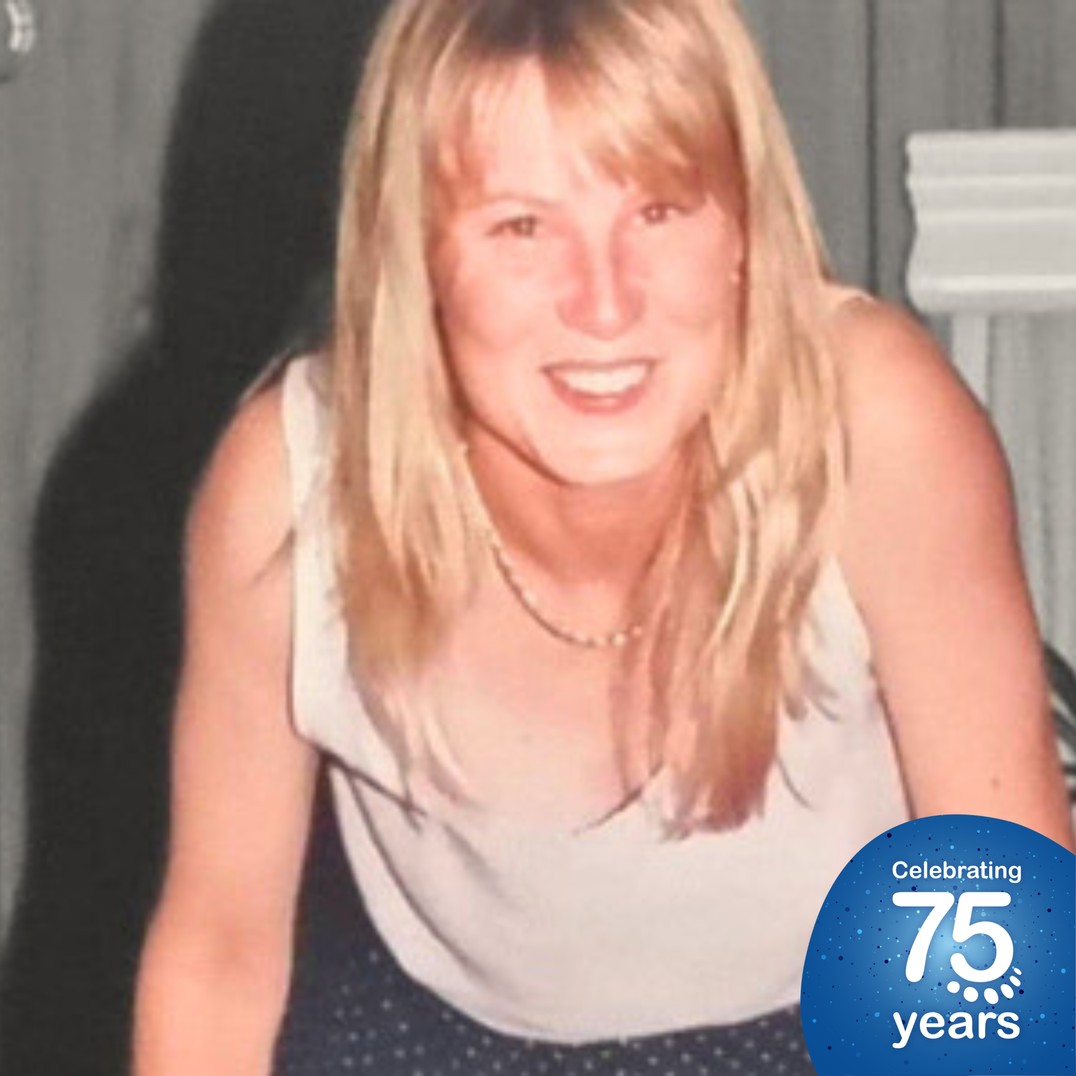As the years rolled on, The Society’s influence continued to grow exponentially. The late 1970s witnessed over 1000 children with disabilities being supported, with the introduction of the Cyclone newsletter that covered topics that mattered to people with disabilities and their families.
In 1980, the organisation became The Spastic Society of Victoria, embracing a new philosophy that emphasised the right of every person to participate in life's opportunities. The Society's mission was clear - to meet the unique needs of people and support them to meet their potential.
By the early 1980s, the social attitudes towards people with disabilities were changing. The 1981 International Year of Disabled Persons was a turning point, spreading awareness and promoting normalisation and de-institutionalisation. The winds of change brought with them a shift towards home-based care, providing individuals with the comfort of their own space and increased independence.
Another milestone moment came in 1992 with the introduction of the Disability Discrimination Act, a vital piece of legislation aimed at eliminating discrimination against people with disabilities in various areas, including employment, accommodation, and leisure. As attitudes towards disability continued to evolve, local high schools participated in "experience programs" that encouraged interaction between mainstream students and individuals with disabilities, fostering empathy and understanding.
With the aim of enhancing communication and sharing key information, Horizon newsletter was launched in 1993, becoming an indispensable resource for people and families seeking support.
And so, in the new millennium, The Society embraced change with open arms, rebranding in 2001 as Scope. Scope symbolised unlimited potential, choice, and a wide-ranging view. Scope’s new mantra, ‘See the Person’ became organisational wide, valuing each person beyond their disability.
The following year, Scope expanded its services further, opening GoKids and the Communication Resource Centre. These initiatives breathed life into the dreams of countless children, offering expert physiotherapy and fostering communication and inclusion.




